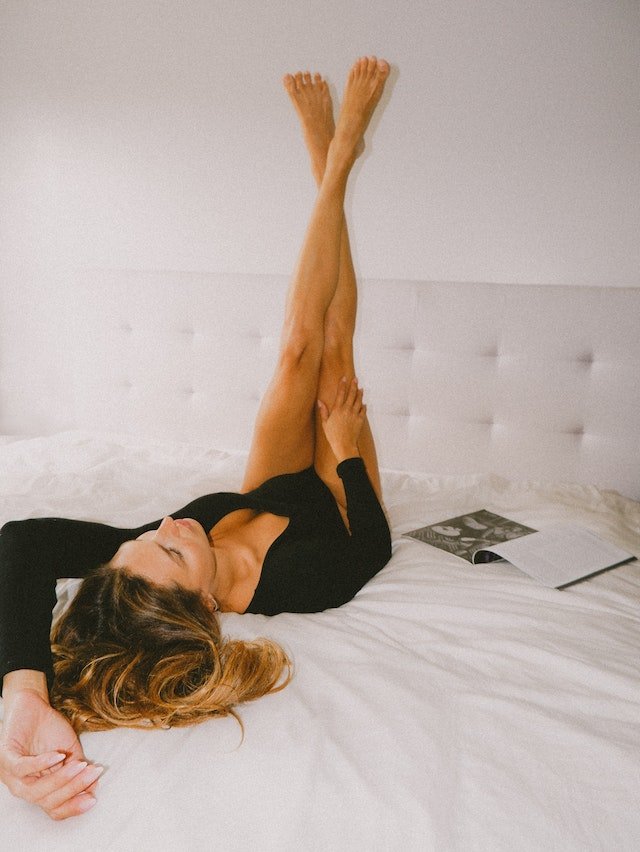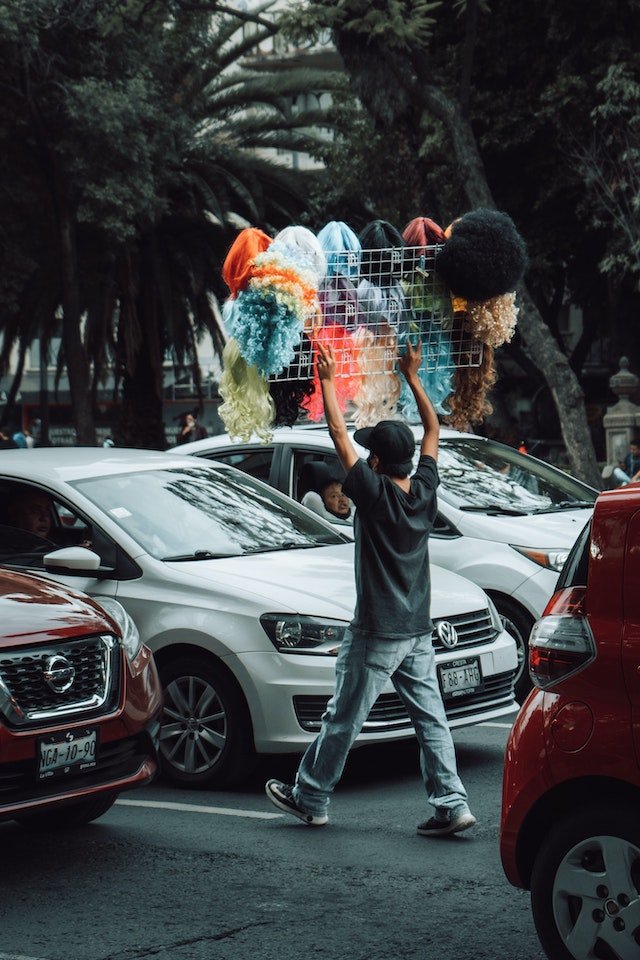Curly Hair in Pop Culture Representation and Influence

Curly hair has always been associated with character and uniqueness, challenging pop culture’s traditional ideals of beauty. Curly hair has received huge acceptance in recent years, with more people admiring their natural textures. This transition is replicated not just in the media, but also in the cosmetics industry, where beauty products like curly hair creams have gained popularity.
Historical Perspectives
Throughout history, curly hair has been portrayed in popular culture in a restricted and frequently stereotyped manner. Because straight hair has long been associated with beauty, those with curls often feel excluded. However, the portrayal of various hair types has also evolved along with society. The natural hair movement first appeared in the 1960s and 1970s, urging individuals to accept their natural curls and questioning Eurocentric ideas. Stars such as Angela Davis and the Afro hairstyle became emblems of empowerment and defiance.
Celebs dining curly hair increased in the 1980s and 1990s, although there was still a massive emphasis and persistence on straight hair. During this time,pop stars didn’t have adequate representation, as there was still some huge refsistance.Howkever,the curly hair landscape greatly changed with time.
Modern Representation
The pop culture scene has changed significantly in the twenty-first century. Social media’s ascent has provided a forum for a variety of perspectives, enabling those with curly hair to highlight their distinct attractiveness. In addition to their brilliance, celebrities like Zendaya, Solange Knowles, and Tracee Ellis Ross have gained influence due to their unwavering acceptance of their natural curls.
Films and television programs have also influenced this change. Characters with curly hair are no longer limited by obsolete prejudices and are instead shown as self-assured, fashionable, and personable. This shift in depiction reflects changing ideas about what constitutes beauty as well as society’s growing embrace of variety.
Influence on Beauty Standards
Beauty standards have been significantly impacted by the ever-changing ways in which curly hair is portrayed in popular culture. What was before viewed as unusual or even unpleasant is today praised as an emblem of individuality and self-expression. This change has opened the door for a broader concept of attractiveness and challenged the idea that beauty is only associated with a certain hair type.
The natural hair movement, which encouraged individuals to embrace their kinks and curls, gained popularity in the early 2000s. This movement has had a huge impact on influencing society’s perception of beauty, boosting self-love, and generating a sense of belonging among persons with curly hair. People may engage, share personal tales, and encourage others to accept their natural hair thanks to the widespread usage of social media platforms.
The Role of Curly Hair Products
As the representation of curly hair in pop culture has evolved, so too has the beauty industry’s response. Recognizing the demand for products catering to diverse hair textures, brands have introduced specialized products like a curly hair cream. These products are formulated to enhance and define natural curls, providing moisture and control without the need for harsh chemicals or heat styling.
Curly hair creams are now essentials for anybody who wants to style and nourish their curls. These treatments frequently include chemicals like hydration-boosting elements as well as frizz-control agents that are specifically designed to meet the demands of curly hair. These kinds of products are becoming more and more popular, which emphasizes the changing ideals of beauty as well as the economic power of a formerly marginalized community.
Celebrity Endorsements and Influence
The endorsement of curly hair products by celebrities has played a crucial role in their widespread acceptance. As influential figures in the realm of beauty and fashion, celebrities with curly hair have used their platforms to promote products that celebrate and enhance natural textures.
People looking for solutions tailored to their individual hair demands have responded well to the genuineness of these endorsements as well as the exposure of celebrities embracing their curls.
Additionally, social media has made it possible for celebrities to interact effectively with their fans by sharing their own experiences with products designed specifically for curly hair. Customers feel more trusting of this openness, which motivates them to test products that fit their beliefs and hair care objectives.
Impact on Cultural Perception
The representation of curly hair in pop culture and the availability of products like curly hair cream have not only influenced beauty standards but have also played a role in shifting cultural perceptions. Curly hair is increasingly seen as a symbol of individuality and diversity, challenging the homogenized ideals that have prevailed for decades. This shift is not limited to any particular ethnicity or gender, as people from various backgrounds are embracing their natural hair textures.
The discourse of embracing one’s uniqueness has expanded as a result of curly hair’s popularity in popular culture. It inspires people to stop living up to social norms and start embracing the distinctive characteristics that make them who they are. Beyond aesthetics, this cultural change is fostering tolerance and inclusivity in society.
Challenges and Remaining Stereotypes
Despite the progress made in the representation of curly hair, challenges and stereotypes persist. The beauty industry, while becoming more inclusive, still has room for improvement in terms of catering to a wider range of hair textures. Additionally, societal norms and workplace standards can sometimes perpetuate the idea that certain hairstyles, including natural curls, are unprofessional or unkempt.
Breaking down these remaining barriers requires continued advocacy for diverse representation and challenging ingrained biases. The ongoing conversation about natural hair in the media and popular culture plays a vital role in dismantling these stereotypes and fostering an environment where everyone feels accepted and celebrated, regardless of their hair texture.
Conclusion
Pop culture’s portrayal of curly hair has changed drastically, upending conventional notions of beauty and shaping attitudes in the community. This progression is evidence of a larger societal change towards inclusion and honesty rather than just a reflection of ephemeral trends. Goods like curly hair products have been essential in this process, giving people the means to accept and accentuate their natural curls.
The influence on societal perception grows as the beauty industry keeps up with the demand for products that are inclusive and as celebrities utilize their platforms to highlight their natural hair. Curly hair is now embraced as a sign of individuality and self-expression rather than being relegated to the periphery of beauty standards. The path to complete acceptance and comprehension is still long, but the strides achieved thus far point to a constructive and powerful change in the popular narrative surrounding curly hair.




